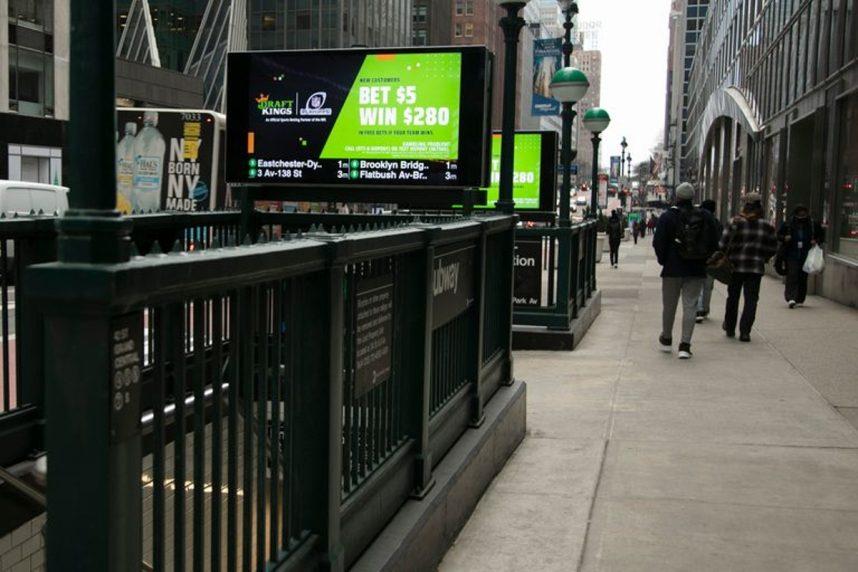New York sports betting ads must now come with warnings about the possible dangers of gambling that casinos and other betting industries must adhere to in the Empire State.

This week, New York Gov. Kathy Hochul (D) signed S1550/A1118. The legislation requires all sports betting advertisements to include a problem gambling hotline and disclose that participating in sports gambling brings potentially addictive effects and harmful consequences.
Protecting New Yorkers from the dangerous and addictive effects of problem gambling and sports betting is vitally important to the prosperity of our great state. I want New Yorkers to be able to safely enjoy the activities they love, and proceed with caution when necessary,” said Hochul.
“I am confident that with the signing of this new bill, New Yorkers will have easier access to the safety resources they need to better protect themselves from the clutches of addiction,” the governor added.
Regulatory Mandate
Before Hochul signed S1550/A1118, casinos and other gambling businesses operating in New York were mandated to include a problem gambling hotline. The gaming statutes expand on responsible gaming messaging to require gambling adverts to include warning messages not unlike tobacco products. The bills also brought sportsbooks under the gambling umbrella.
The New York Problem Gambling hotline is 877-8-HOPENY (877-846-7369). Managed by the state Office of Addiction Supports and Services, those seeking help can also begin the process by texting HOPENY, or the number 467369.
The sports betting advertising rules don’t mandate that the state’s problem gambling center be referenced but only “a problem gambling hotline number.” Other prominent gambling helplines include 1-800-GAMBLER, the National Problem Gambling Helpline run by the National Council on Problem Gambling.
New York became home to the largest sports betting industry in the country after its regulated online sportsbooks went live in January 2022. During the state’s 2023/24 fiscal year that ran from April 2023 through March 2024, sports bettors in New York risked more than $19.7 billion, with all but $90.3 million being wagered online.
Bettors lost approximately $1.77 billion on their sports bets, as oddsmakers reported a win rate of about 9%.
Sports Betting Concerns
Sports betting is legal and operational in almost 40 states and Washington, DC. Presumably, all Americans have seen a sportsbook commercial since the Supreme Court’s 2018 decision to strike down a federal ban on single-game sports betting.
As sports betting continues to go mainstream and sportsbooks continue to experience handle and revenue increases, many believe more consumer safeguards are needed to protect the public against problem gambling.
Some members of Congress and lawmakers in several state capitals have pushed for more stringent regulations on how sportsbooks are allowed to advertise. While efforts to limit or ban messaging like “free bets” and “risk-free” have taken hold in some places, and New York is expanding its gambling marketing rules, the national trade group representing the sportsbooks’ interests in DC claims that adequate responsible gaming safeguards are already in place.
The American Gaming Association (AGA) says sports betting advertising declined by 15% last year as sports gambling entered its fifth year with legal standing.
US Rep. Paul Tonko (D-New York), who is behind federal legislation to limit when and how sportsbooks advertise, wants to prohibit all sports gambling ads between 8 a.m. and 10 p.m.
Just as in the tobacco industry when it was determined that that industry was posing a public health situation, we have now displaced Joe Camel with celebrity spokespeople and free product,” Tonko said of sportsbooks advertising deposit bonuses and free wagers.
Tonko and US Sen. Richard Blumenthal (D-Connecticut) are sponsors of the SAFE Bet Act. Along with banning sports betting ads during most of the day, the statute seeks to exclude bookmakers from utilizing AI to tailor incentives and promotions to bettors.
The post New York Sports Betting Ads Must Feature Warnings Following Enacted Legislation appeared first on Casino.org.






